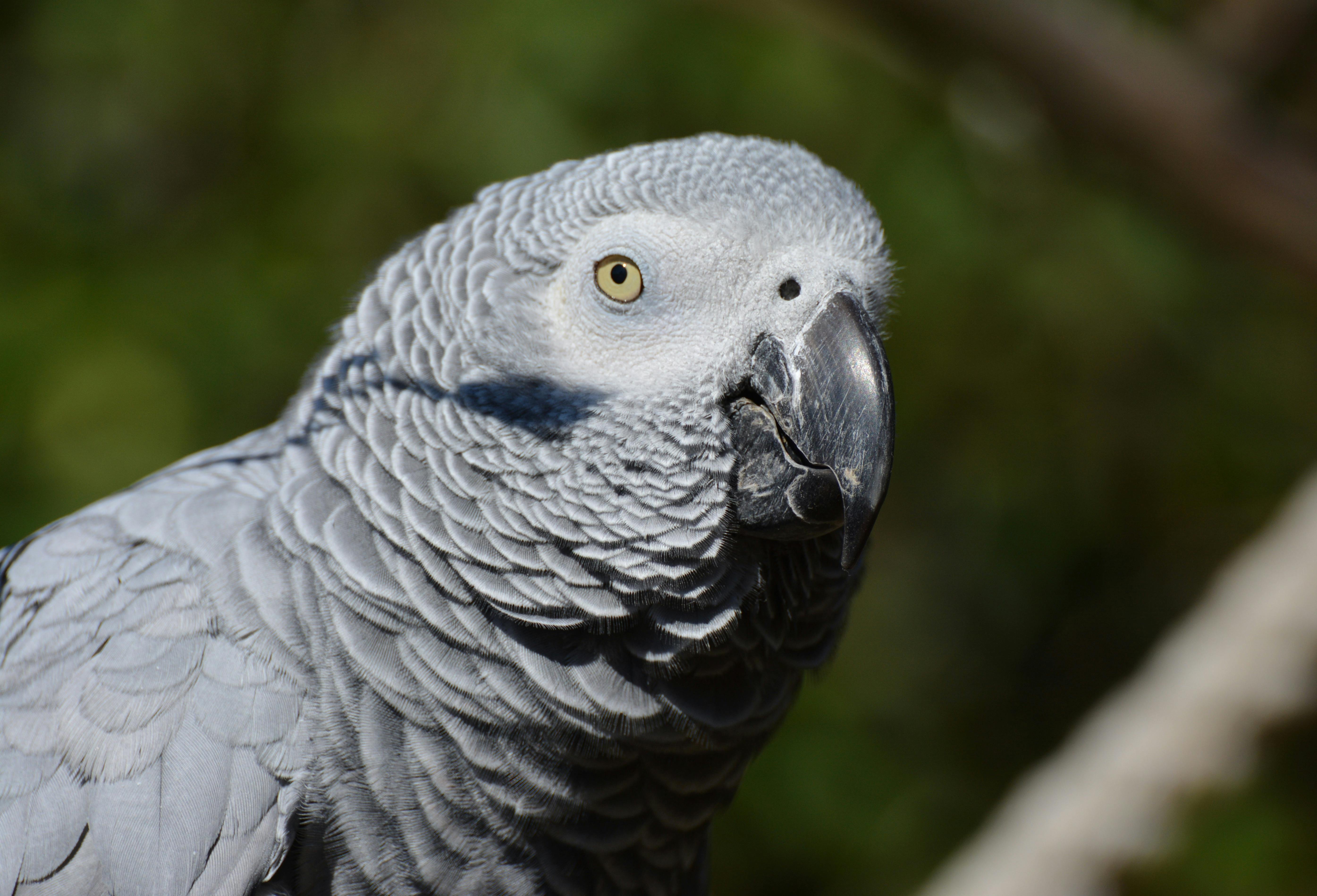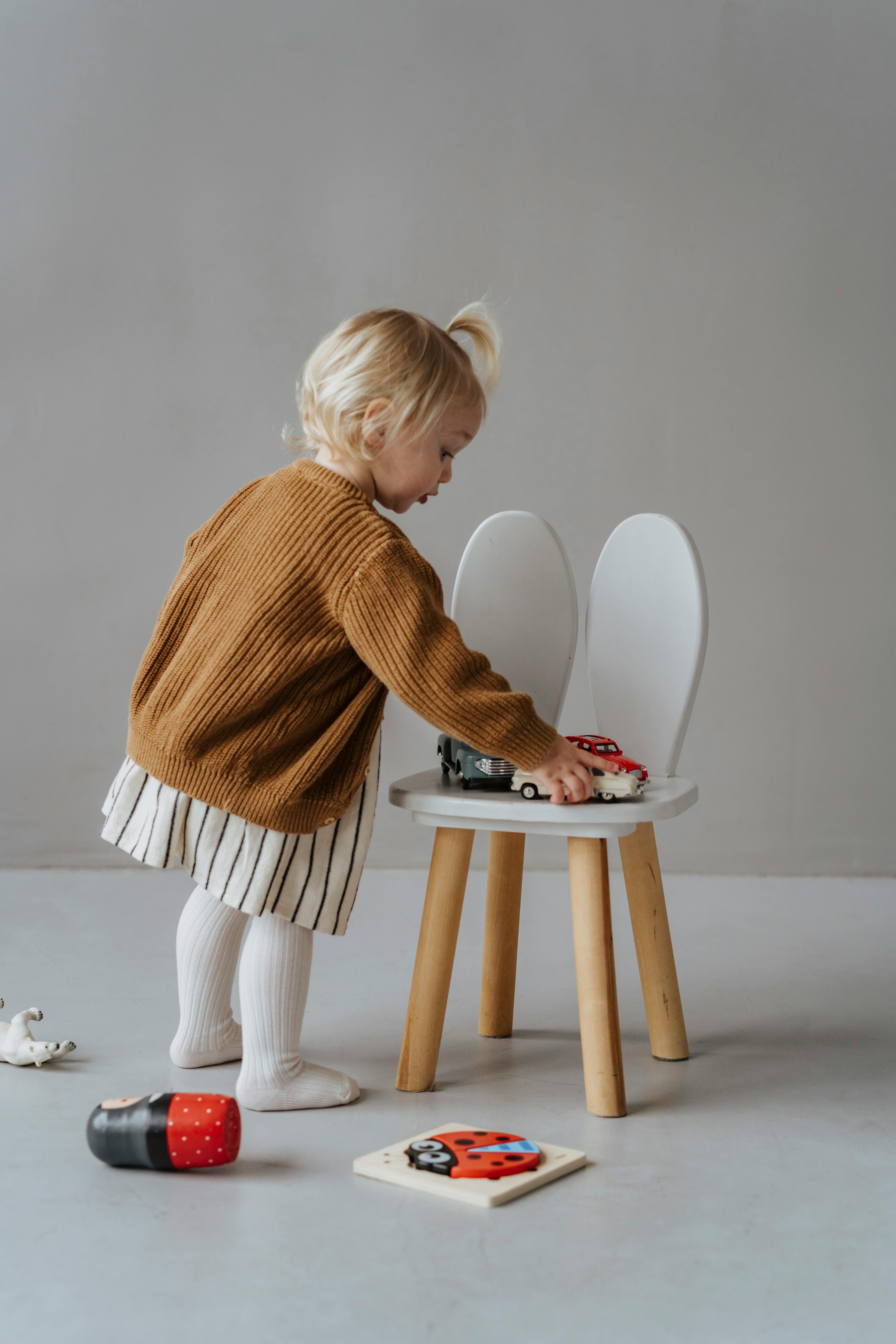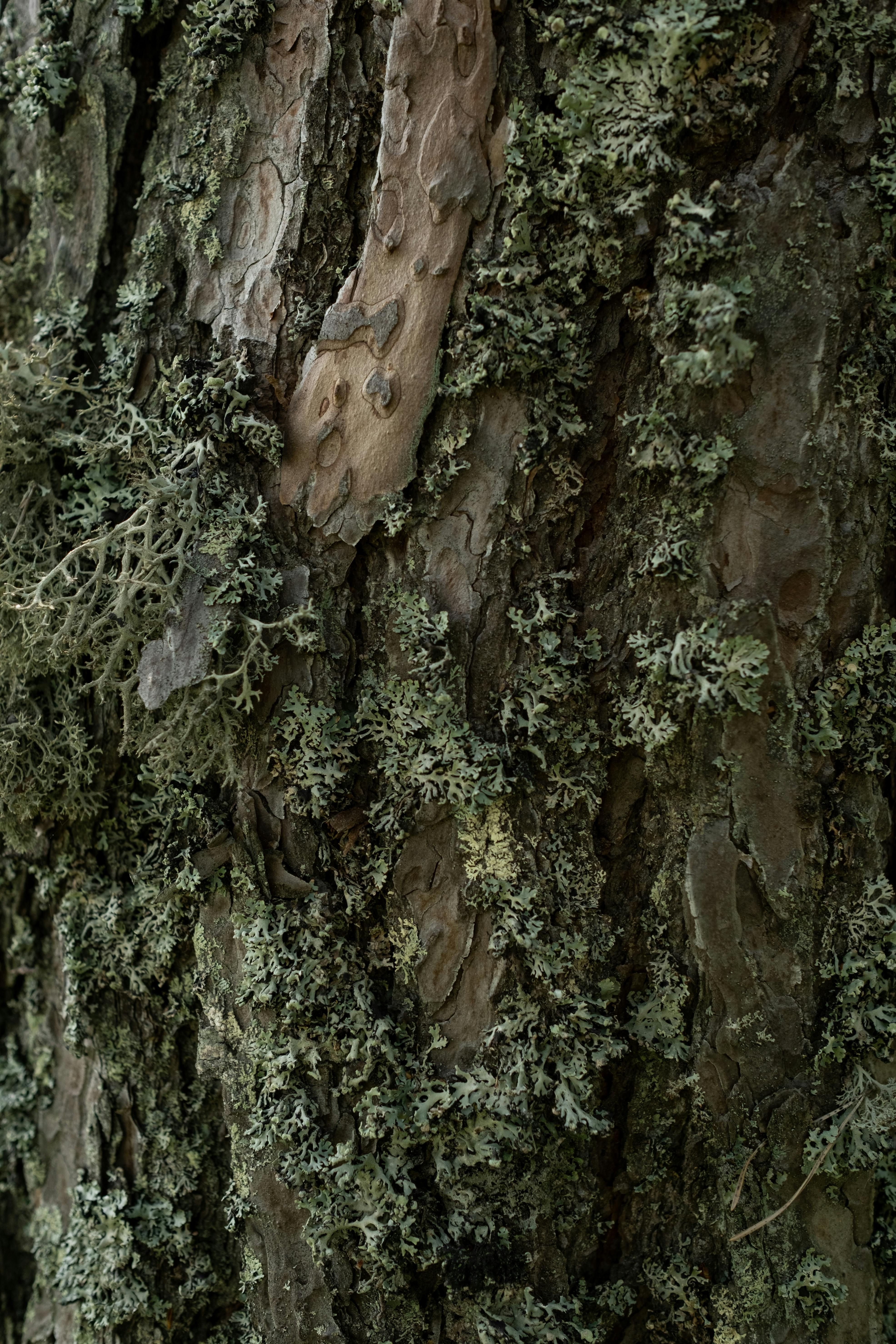Apply Now
Essential Guide to Baby Jack Rabbit Care in 2025
Overview and Importance of Baby Jack Rabbit Care
Caring for baby jack rabbits, or bunnies, is a rewarding experience that requires knowledge, commitment, and compassion. These little creatures, known for their playful and curious nature, need specialized care to thrive. Proper baby jack rabbit care not only enhances their quality of life but also strengthens the bond between the pet and the owner. Understanding their nutritional needs, habitat requirements, and socialization techniques are critical to ensuring that these animals grow up healthy and happy.
The positive impacts of raising a baby jack rabbit extend beyond the animal itself; owners often find joy in training their rabbits and watching them thrive in a nurturing environment. This guide aims to provide essential information regarding feeding, health, social interactions, and playtime activities that every owner of a baby jack rabbit should know.
Benefits of Baby Jack Rabbits as Pets
Baby jack rabbits make exceptional companions due to their affectionate nature and whimsical antics. These animals are relatively low-maintenance compared to other pets, requiring basic care and attention. Kids particularly enjoy the playful nature of rabbits, engaging in interactive play and adventures alongside them. Owning a baby jack rabbit can teach children valuable lessons in responsibility, empathy, and caregiving.
Furthermore, baby jack rabbits can fit into a variety of living environments, making them suitable for families in urban or rural areas alike. Their small size means they do not require as much space as larger pets, making them ideal for apartment living.
Article Roadmap and Key Takeaways
This article will cover various critical aspects of baby jack rabbit care, including:
- Feeding practices and dietary needs of baby jack rabbits
- Essential habitat setup and maintenance tips
- Insights into baby jack rabbit behavior and socialization
- Guidelines for providing enrichment and playtime
By the end of this article, readers will understand how to create a thriving environment for their baby jack rabbit, promoting a long and healthy life. Caring for these animals properly will not only ensure their happiness but will also enrich the lives of their owners.
Effective Feeding Practices for Baby Jack Rabbits
Understanding Baby Jack Rabbit Dietary Needs
Feeding your baby jack rabbit the right nutrition is essential for their growth and overall health. Their diet should consist of fresh hay, vegetables, and specially formulated rabbit pellets. Hay, particularly Timothy hay, serves as the cornerstone of a baby jack rabbit's diet, providing the necessary fiber for their digestive health.
It is important to introduce a variety of leafy greens gradually to avoid digestive upset. Suitable vegetables include romaine lettuce, kale, and parsley. Ensuring a balanced diet will prevent common health problems such as obesity and gastrointestinal issues.
Feeding Frequency and Portion Control
When it comes to feeding babies, frequency is key. Baby jack rabbits should be fed small amounts of food multiple times a day, allowing for proper digestion and energy balance. As a general rule, aim for two tablespoons of pellets per two pounds of body weight each day.
Monitoring portion sizes is crucial; overfeeding can contribute to obesity and related health issues in rabbits. Keep an eye on their body condition and adjust the feeding amounts as necessary.
Common Mistakes in Baby Jack Rabbit Feeding
One common mistake is occasionally including high-sugar fruits, such as grapes or bananas. While these can be an occasional treat, they should never make up a significant portion of the diet. Additionally, some owners neglect providing fresh hay daily, which is vital for their well-being.
It's also important to avoid sudden dietary changes, as these can lead to digestive distress. Always transition to new foods slowly to allow their systems to adjust.

Creating the Perfect Habitat for Your Baby Jack Rabbit
Essentials for Baby Jack Rabbit Housing
Designing a proper habitat for your baby jack rabbit is crucial for their health and happiness. A spacious enclosure is necessary, with enough room to hop and play. The general rule is to provide at least four times the size of the rabbit when fully stretched out.
Materials such as wood or metal are preferable for building enclosures, but be sure to avoid galvanized wire as it can cause injury. Include plenty of bedding such as straw or shredded paper to create a comfortable environment for resting.
Influencing the Baby Jack Rabbit Environment
The environment of your baby jack rabbit should be safe and secure. Avoid placing the enclosure in direct sunlight or in drafty areas. The enclosure must also be escape-proof, as rabbits are known for their burrowing abilities.
Additionally, having separate areas for playing and sleeping can help your bunny develop a routine, enhancing their comfort and security. Regular cleaning is also essential to maintain a healthy living space.
Importance of Environmental Enrichment
Baby jack rabbits are naturally curious and require mental stimulation to keep them engaged. Incorporating toys and enrichment activities can provide the necessary challenges for their cognitive development. Chew toys made from natural materials, tunnels, and boxes are excellent options for promoting play.
A lack of stimulation can lead to boredom and behavior issues, so it’s vital to rotate toys regularly to keep your bunny interested. Engage in daily playtime with your rabbit to strengthen your bond and provide them with the interaction they require.
Understanding Baby Jack Rabbit Behavior and Socialization
Recognizing Baby Jack Rabbit Behaviors
Understanding baby jack rabbit behavior is paramount to effective care. These animals communicate through body language, and recognizing signs of happiness, stress, or discomfort is crucial. For instance, a relaxed jack rabbit will often stretch out, while a nervous one might thump its feet or hide.
Baby jack rabbits thrive on companionship and can become lonely if left alone for long periods. Providing interaction, whether through playtime or space for socialization with other pets, is essential to their mental well-being.
Effective Socialization Strategies for Baby Jack Rabbits
Introducing your baby jack rabbit to new environments and experiences as early as possible is key. Gradually exposing them to various sounds, smells, and surfaces can help them build confidence and reduce fear.
When introducing your baby jack rabbit to other pets, be sure to supervise closely. Gradually acclimating them to other animals will promote a peaceful household and allows for shared companionship, encouraging strong social skills.
Training Techniques for Baby Jack Rabbits
Training your baby jack rabbit provides additional benefits such as stimulating their mind and strengthening the bond between pet and owner. Positive reinforcement methods generally work best. Use small pieces of food to reward them for desired behaviors and build their confidence.
It's essential to be patient and consistent during the training process. Start with simple commands such as "come" and "no," gradually introducing more complex tasks as they learn.

Health and Safety Considerations for Baby Jack Rabbits
Routine Health Checkups and Veterinary Care
Regular veterinary visits are crucial for monitoring the health of your baby jack rabbit. These routines can help detect potential health issues early on. Vaccinations, spaying or neutering, and general health checkups play an essential role in prevention.
Monitoring your baby jack rabbit for signs of illness is equally important. Understanding their normal behavior aids in spotting abnormalities. Common symptoms include lethargy, loss of appetite, and abnormal stools, all of which may warrant a trip to the vet.
Common Health Concerns for Baby Jack Rabbits
Baby jack rabbits are prone to specific health issues, such as dental problems and gastrointestinal disorders. Ensuring they have a proper diet rich in fiber helps support their digestive health and prevents excessive tooth growth.
Allergies can also affect rabbits, manifesting in respiratory issues or skin irritation. Being observant to environmental factors is critical to identifying and mitigating allergy-related problems.
Baby Jack Rabbit Safety Measures
To ensure the safety of your baby jack rabbit, it's important to create a secure environment free of toxic plants or dangerous items that may cause injury. Always supervise them during playtime and restrict access to areas where they could encounter hazards.
Furthermore, providing a safe and engaging outdoor environment can enhance their play experiences under controlled conditions. Supervised outdoor play will also encourage natural instincts while minimizing risks.
Creating Unique and Engaging Playtime for Baby Jack Rabbits
Best Toys and Games for Baby Jack Rabbits
Toys are essential for the mental and physical well-being of baby jack rabbits. Look for toys made from natural materials like wood or cardboard, and avoid anything that could easily splinter or cause injury.
Simple homemade toys, such as cardboard boxes or tunnels, can encourage exploration and play. Rotate their toys regularly to maintain interest, providing new challenges and stimulating their curiosity.
Engaging in Playtime Activities
Designing playtime activities that mimic natural behaviors, such as hopping and digging, can provide enrichment for your baby jack rabbit. Set up obstacle courses with tunnels and low platforms for them to navigate through, incorporating a variety of textures and surfaces to explore.
Daily playtime fosters social interaction, essential for developing their social skills and building a strong bond with their owner.
Understanding Baby Jack Rabbit Play Styles
Every baby jack rabbit has its unique play style and preferences. Some may enjoy racing around, while others prefer quieter activities such as chewing or digging. Pay attention to your rabbit's behavior to understand what types of play excite and engage them the most.
By fostering an environment where your baby jack rabbit can express their individual personality, you will enhance their well-being, promoting both physical and mental health.
FAQs About Baby Jack Rabbit Care
What should I feed my baby jack rabbit?
A balanced diet should include fresh hay, leafy greens, and limited pellets. Gradually introduce fresh vegetables to avoid digestive issues.
How can I socialize my baby jack rabbit?
Expose your rabbit to new experiences gradually and engage in daily interactions to build social skills.
What are common signs of illness in baby jack rabbits?
Signs include lethargy, loss of appetite, and abnormal droppings. Regular vet visits can help monitor their health.
Conclusion
Caring for a baby jack rabbit entails a commitment to understanding their complex needs, from proper nutrition to socialization strategies. By following the guidelines outlined in this article, you can create a loving and enriching environment for your bunny, enhancing their quality of life and fostering a deep bond with your pet.






